I have always loved books and libraries. We did not have a school library at my primary school until my year six or seven and the most exciting days of the month was when the Suva City Council’s mobile library came to visit. The mobile library was a little caravan and there was nothing more exciting for a little book lover than climbing up those metal steps and walking into a cosy nook to a shelf of colourful children’s books. The opening of the school library was the best thing that happened and I spent many hours of joy in the school libraries in my last few years of primary school and at secondary school. What saddens me the most is that four decades later, many schools still do not have a fully fledged library and those which do, do not have adequate resources. I am looking forward to conversations about strengthening library services for and in Pacific communities and creative pedagogies that 21st century libraries can and should facilitate.
When you were asked to be a keynote speaker, what went through your mind? Excitement? Panic? Was it a “why me” moment?
To be honest, I did have a ‘why me’ moment but at the same time, I was excited to have an opportunity to speak on something that I feel very strongly about.
What do you think you’ll be able to bring to the LIANZA 2021 Conference and the wider library and information sector with your keynote address?
I’d like to bring a different perspective on decolonizing library spaces and the ways that we might begin to rethink and reshape our libraries.
Can you tell us a bit more about what you’ll be touching on in your keynote address and what you hope delegates will take away?
I will discuss the notion of decolonizing the Pacific library with and for Pacific peoples themeselves and will touch on the potential that living libraries offer. As traditionally oral communities, Pacific worldviews about worthwhile knowledge its transmission bring a unique perspective to the process of rethinking. I would like to explore what that might look like in a contemporary library space, whether it is in a traditional institutionalized, fixed space or in open and mobile libary spaces. Pacific collections are often small in comparison to internationally sourced content and I would like to consider ways to grow Pacific collections of fiction, non-fiction, reference materials and periodicals alike. How can we innovate the library space beyond the perception of it being a resource centre? Can we include the arts and traditional forms of storying in innovative, contemporary spaces to privilege indigenous knowledge? What role can and should elders within a Pacific community play? How do we translate a love for stories to a love for reading in Pacific children and youth?
What do you hope to learn while at the conference? What are you most looking forward to engaging with or hearing while there?
I’m hoping to hear stories of innovation and transformation in contemporary libraries.
As librarians and knowledge specialists, we all have so much that we can learn from each other. I come from a health librarianship background and I always enjoy the thrill of creating and sharing work and ideas that are relevant to information specialists in other library sectors.
My presentation will focus on the development of sustainable partnerships for “health literacy”, or the skills to access, assess and use health information. The global nature of the current pandemic has emphasised that health literacy is a global challenge, so this is a timely opportunity to share work from England with colleagues in New Zealand.
When you were asked to be a keynote speaker, what went through your mind? Excitement? Panic? Was it a “why me” moment?
I was thrilled to be approached as a potential keynote speaker. In fact, I was so overwhelmed that I had to double-check that the approach really was genuine before responding!
As someone for whom travel is difficult for health reasons, the blended approach makes it possible for me to participate in an event that would not have been feasible with a conventional conference platform. So, on a personal level, this is a tremendous opportunity.
On a professional level, I was delighted that our Knowledge for Healthcare strategic framework for knowledge and library services in the National Health Service (NHS) in England is recognised as a model from which colleagues in New Zealand wanted to learn more.
What do you think you’ll be able to bring to the LIANZA 2021 Conference and the wider library and information sector with your keynote address?
Whichever sector information professionals work in, I hope that they will find the stories about health literacy motivating and inspiring for the roles that we all play.
At a fundamental level, library staff build reading skills that can be applied to leisure or daily living. Building up from literacy, we are all involved in “information literacy” and “digital navigation skills” to find and use information both in print and digital formats. By supporting people to develop these skills, we are providing them with the building blocks for health literacy. In turn, health literacy gives people the tools that they need to make informed decisions about their health and treatment choices.
I hope through the keynote that knowledge and information workers in all sectors will see the contributions that we are all making to health literacy and be motivated to develop partnerships and adopt techniques that embed those health literacy skills.
Can you tell us a bit more about what you’ll be touching on in your keynote address and what you hope attendees take away?
Anyone attending the session will come away with some practical techniques they can apply in their own lives or in their work. Some of these will be techniques that attendees will be able to apply immediately after the session, with links to other tools and learning materials.
Conference delegates will also hear stories about the impact of low health literacy and the difference that applying techniques can make. I will also share the approach that we are taking in England to supporting the skills of the health workforce alongside developing wider partnerships with information providers in local communities to develop the health literacy skills of citizens.
What do you hope to learn while at the conference? What are you most looking forward to engaging with or hearing while there?
Over the past few years, I have had conversations on social media with individual librarians and knowledge specialists in New Zealand. I am greatly looking forward to getting more of a sense of the librarianship community in New Zealand through being a part of the LIANZA 2021 Conference.
In particular, I think we face common challenges in the development of a socially and digitally inclusive world and ensuring equity of access across rural, urban and coastal areas. I look forward to learning more about innovations in New Zealand and opportunities for sharing approaches.
I love talking about storytelling. I know I’ll struggle to stick to my 30-minute slot…
When you were asked to be a keynote speaker, what went through your mind? Excitement? Panic? Was it a “why me” moment?
I put my hand up for it! I love the fact that LIANZA’s members play such an important role in sharing great stories in Aotearoa.
What do you think you’ll be able to bring to the LIANZA 2021 Conference and the wider library and information sector with your keynote address?
It’s been another tough year for all of us. By November, I think many people will be hungry for fresh perspectives on how they can look after their wellbeing. I hope to offer this in my keynote.
Can you tell us a bit more about what you’ll be touching on in your keynote address and what you hope attendees take away?
I’ll speak about the incredible link between personal storytelling and mental health. Each of us is the author of our own story. But most people don't realise that the stories they construct have a profound impact on their psychological wellbeing. I’ll offer tools to help attendees to reclaim authorship of their own stories.
What do you hope to learn while at the conference? What are you most looking forward to engaging with or hearing while there?
I’m looking forward to hearing from great speakers about how we can navigate the uncertainty we’re all facing as we deal with COVID-19.
Carnegie UK Trust
Keynote: Engaging Libraries
Wednesday November 10, 1.30pm
Why are you looking forward to speaking at the LIANZA 2021 Conference?
Receiving the invitation to give a keynote speech at the LIANZA 2021 Conference was exciting and a real honour. At Carnegie UK we value collaboration, learning from others, and bringing together ‘unusual friends’ with different perspectives. We are very much looking forward to sharing experiences and learning from the Engaging Libraries programme so far with an international audience, at a conference with such an excellent reputation. At a time of profound change and challenge, we see this an excellent opportunity to share how public libraries across the UK have been building upon and exploring their civic role as safe spaces for participation and engagement with research.
When you were all asked to be a keynote speaker, what went through your mind? Excitement? Panic? Was it a “why us ” moment?
We were really excited to be asked to be keynote speakers, although I think we were a little sad not to be able to attend in person! We’re grateful for the ability to connect over Zoom and be able to speak about public engagement with research to a wide audience.
What do you think you’ll be able to bring to the LIANZA 2021 Conference and the wider library and information sector with your keynote address?
COVID-19 has demonstrated the important role public libraries play in their communities and the opportunities they offer for the public to come into contact with new ideas and points of view. We would like to encourage and inspire those at the conference, and in the wider sector, to consider partnering with universities and other higher education providers to bring the public into contact with research.
Can you tell us a bit more about what you’ll be touching on in your keynote address and what you hope attendees take away?
In our keynote address, we’ll be using three case studies to demonstrate how public libraries have forged partnerships with academia, giving tips and insights about partnership working, and highlighting how libraries have delivered public engagement activities with various audiences. We’d like our audience to become aware of the opportunities that partnerships between public libraries and universities bring, both by connecting people to research and allowing the public to inform and enrich research for the future.
What words of encouragement do each of you have about the ‘future of libraries’ in a world dealing with COVID-19 ?
During the coronavirus crisis, the requirement for accurate and reliable information has been underlined and exacerbated. In the digital world, access to “information” is widespread, but knowing who and what to trust is incredibly difficult. This is where public libraries are vital – they are a trusted source of information in their communities at a time when this is ever more important.

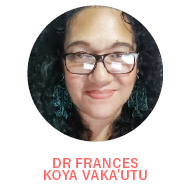
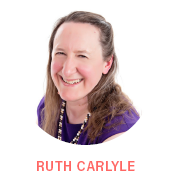
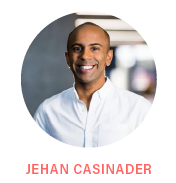
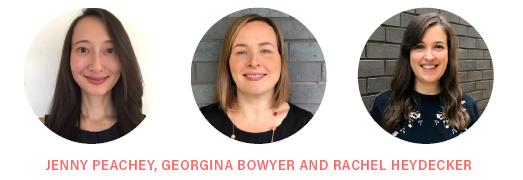
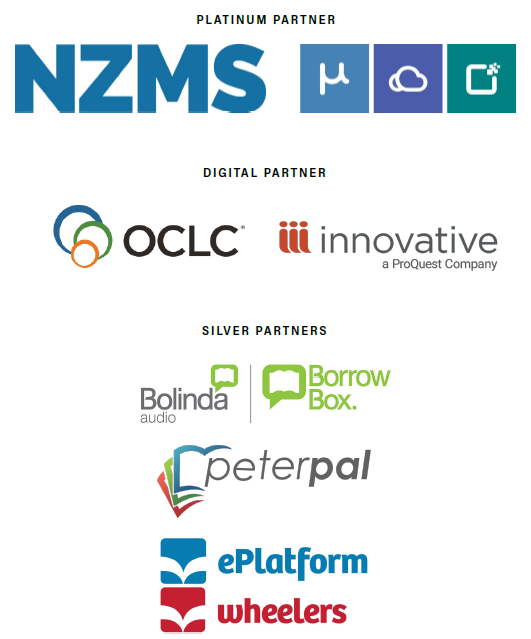

 RSS Feed
RSS Feed